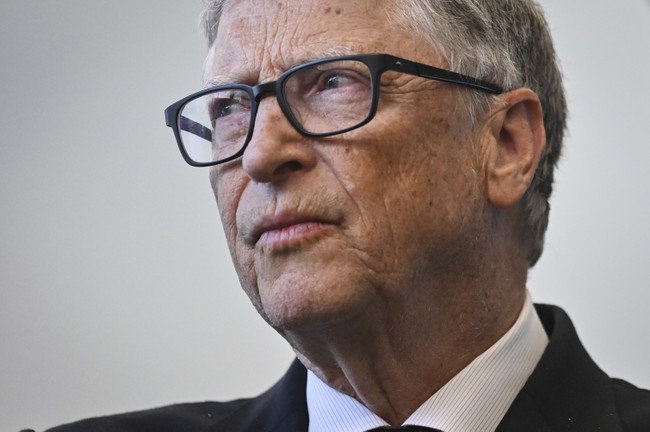Bill Gates has publicly softened his stance on climate alarm, saying climate change “will not lead to humanity’s demise” and urging a shift from doomsday rhetoric to practical policies that improve human welfare, especially in poorer countries. This piece lays out what he said, why it matters, and why the policy debate should refocus on lifting people rather than scoring temperature points. The change is notable because Gates was once a leading voice for an aggressive, tech-driven push to reach net-zero emissions by midcentury.
The headline change is straightforward: Gates now argues that climate policy should put human welfare first. He wrote, “Although climate change will have serious consequences — particularly for people in the poorest countries — it will not lead to humanity’s demise,” he wrote. “People will be able to live and thrive in most places on Earth for the foreseeable future.” That pivot undercuts a lot of the gloom that has driven radical policy proposals.
His take is not denial; he acknowledges harms and risks, especially for vulnerable populations, while rejecting the notion that civilization faces collapse. He also urges activists and policymakers to rethink metrics, insisting they “should measure success by our impact on human welfare more than our impact on the global temperature.” That language pushes the discussion away from abstract carbon accounting and toward concrete outcomes.
For conservatives, Gates’s updated framing is welcome because it aligns with a results-oriented approach: focus on prosperity and resilience, not punishment. The international experience shows that heavy-handed net-zero demands can slow growth in developing countries and keep millions from escaping poverty. Gates’s point that policies should prioritize basic human needs resonates with a pragmatic conservative view of global development.
Gates has long been a champion of technological solutions, and his earlier work, including a 2021 book that laid out ways to reach net-zero by 2050, leaned heavily on innovation. He still believes technology matters — the difference now is emphasis: use innovation to raise living standards while making progress on emissions in realistic, cost-effective ways. That is a message conservatives can support, because it values market-driven breakthroughs and avoids broad economic harms from rushed mandates.
🚨 JUST IN: Bill Gates shocks the Left by declaring climate change "will NOT lead to humanity's demise"
"I'll let the temperature go up 0.1 degree to get rid of malaria. People don't understand the suffering that exists."
The biggest scam of the century is falling apart. 🤯… pic.twitter.com/ZjwMjTEdIl
— Eric Daugherty (@EricLDaugh) October 28, 2025
Critics of the older activist script argue that alarmist tactics have sometimes prioritized temperature targets over people, slowing infrastructure, energy access, and modernization in poorer nations. Gates’s call to pivot toward human welfare puts those critiques on the table and demands honest trade-off analysis. It also challenges wealthy nations and donors to back scalable solutions rather than symbolic restrictions that carry real costs for real people.
Domestically, this shift should change the way policies get evaluated. If a policy reduces emissions but raises energy costs or limits access to reliable power, it can hurt the very communities climate policy aims to help. A results-first framework would weigh benefits and burdens, protect working families, and push innovation instead of coercion. Republicans can press this point: smart climate policy helps people and preserves economic freedom.
Gates’s repositioning also matters politically because it undermines the narrative that only extreme measures can prevent catastrophe. That fear-based argument has justified regulatory overreach in some circles, and reducing the temperature of rhetoric makes room for balanced solutions. When leaders talk about making life better for women, children, and the poor while also investing in cleaner technology, that approach wins broader support and delivers measurable results.
“Although climate change will have serious consequences — particularly for people in the poorest countries — it will not lead to humanity’s demise,” he wrote. “People will be able to live and thrive in most places on Earth for the foreseeable future.” Gates’s exact words force the policy debate back to outcomes: healthier, wealthier people with access to energy and opportunity, rather than abstract metrics that ignore lived reality.






